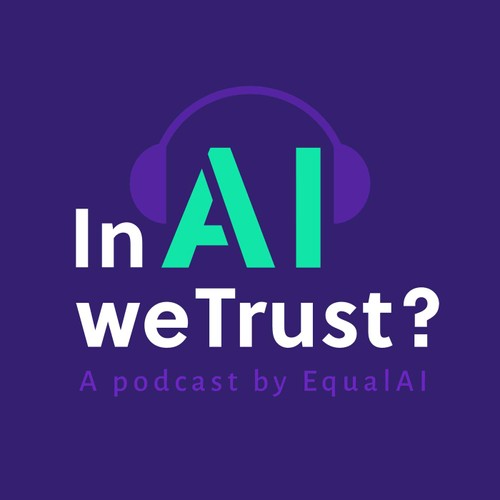
 In AI We Trust?
In AI We Trust? Decoding Big Tech's Impact on AI: Insights with Ross Andersen of The Atlantic
Dec 13, 2023
Ross Andersen, staff writer at The Atlantic, discusses the impact of big tech on AI development and policies, including OpenAI's recent changes. They explore AI's historical significance, its impact on jobs and the economy, China's AI development, and the phenomenon of 'foomscrolling'.
Chapters
Transcript
Episode notes
1 2 3 4 5
Introduction
00:00 • 6min
The Impact of AI on Jobs and the Economy
05:52 • 17min
Conversations and Impact of an Incident
22:36 • 2min
The Impact of Open AI's New Technology and China's AI Development
24:14 • 8min
Exploring AI Development Scenarios, Fume Scrolling, and the Wish for Responsible AI
32:14 • 4min
